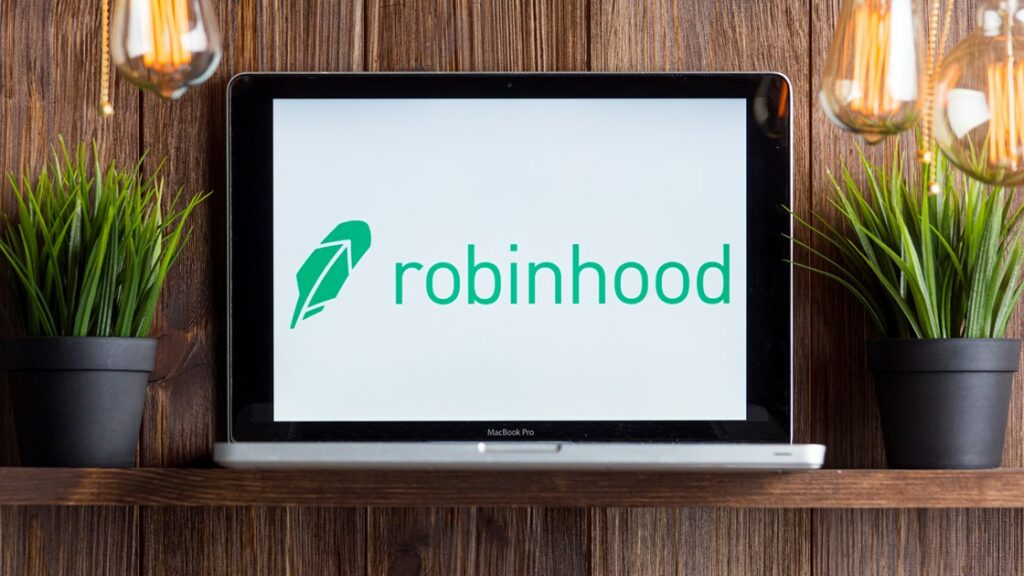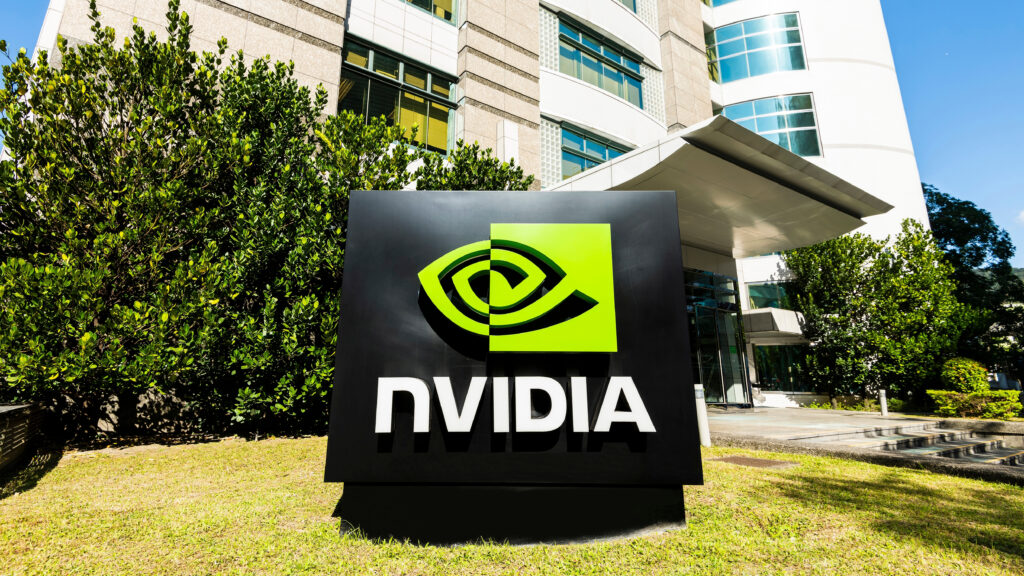Ticker Symbol: HOOD
Robinhood shares are surging 16% in the morning trading session after management stated that it’s laying off roughly 23% of its workforce. The company also announced it was shuttering specific offices in a bid to focus on profitability after spending much of its time in existence focused on rapid revenue growth. Shares in the company were last exchanging hands at around $10.75, which would mean shares are down 41% for the year, and 72% from the initial public offering price of $38.
Second quarter net revenue was down over 43% year over year to $318 million and shy of the Wall Street consensus estimate of $321 million. Transaction-based revenue accounted for most of the shortfall, totaling $202 million, down a stunning 55% from the same period last year, and short of the average analyst expectation of $214 million. Crypto-specific revenue was $58 million, ahead of the expected $55 million. Net interest revenue was up 8.8% from 2021 as higher interest rates help with the income earned on margin loans.
The company reported a 34¢ earnings per share loss that was narrower than the 37¢ loss expected by the Street. Also on a positive note, cumulative funded accounts hit an all-time high of 22.9 million. Adjusted loss before interest, taxes, depreciation, and amortization also narrowed considerably from the first quarter to 80 million. Analysts had expected a loss of $115 million. Monthly active users, however, continued to decline as global equities entered a bear market during the period. MAU was down to 14 million, and short of the expected 15.5 million and 15.9 million from the first quarter.
Despite rapid revenue growth, Robinhood has struggled to maintain profitability due to a large expansion away from its core products. The brokerage firm has expanded its product offering, with the company readying additional features such as spending accounts, debit cards, crypto wallets, retirement accounts, and stock lending to turn itself into a financial “super-app”. But there were indications that the company would be scaling back some of these aspirations as it fired its Chief Product Officer and said most of the layoffs were in the operations and program management functions.
The average revenue per used dropped 50% year on year to $56 but was slightly higher than the $53 in the first quarter. The company has also reduced operating expenses by $54 million in the last year, and the additional reduction in headcount could allow the company to become EBITDA breakeven by the end of fiscal 2022. Robinhood also reported a robust cash position of $6 billion, which management said would allow it to remain flexible and evaluate opportunities for M&A transactions.
This content is provided for general information purposes only and is not to be taken as investment advice nor as a recommendation for any security, investment strategy or investment account.






